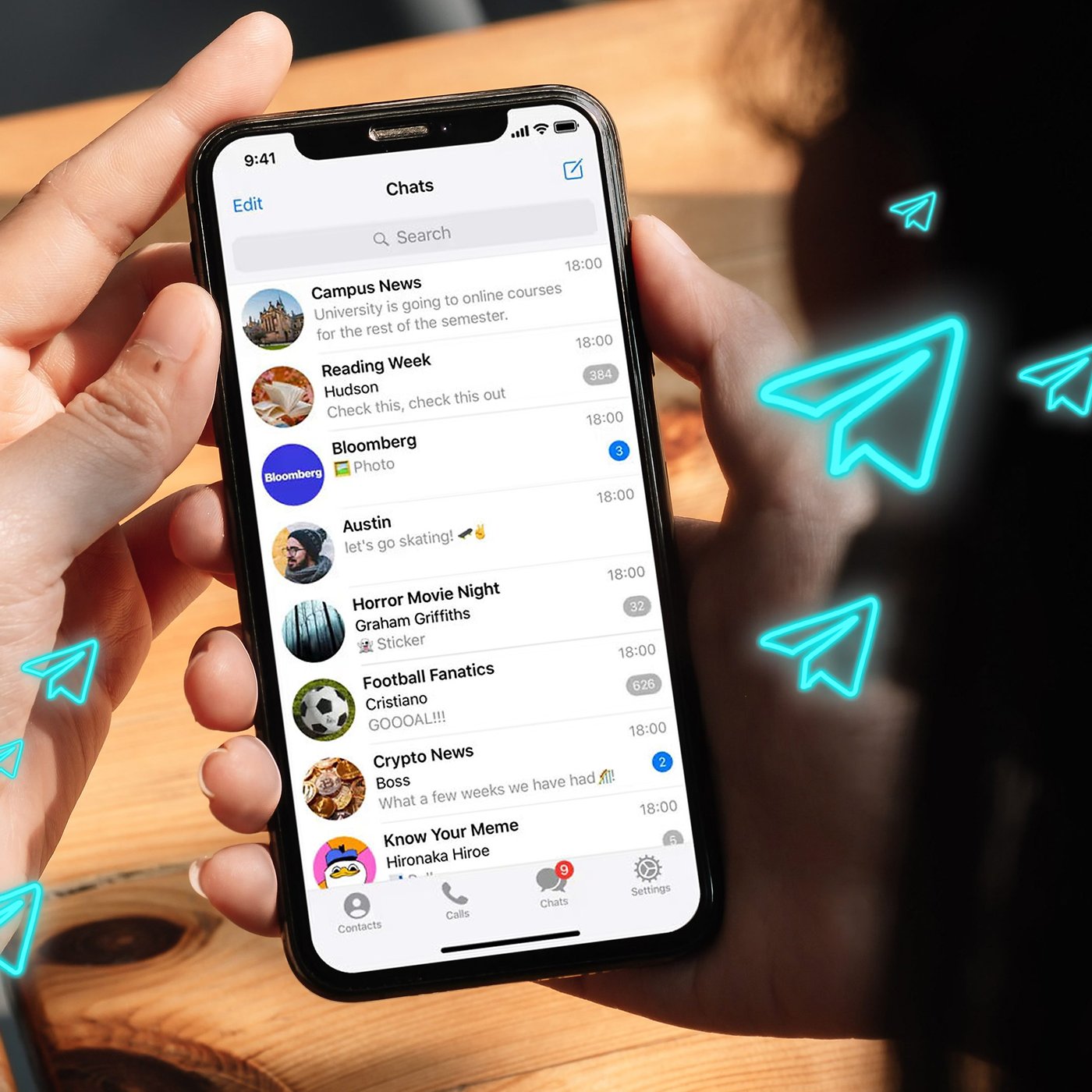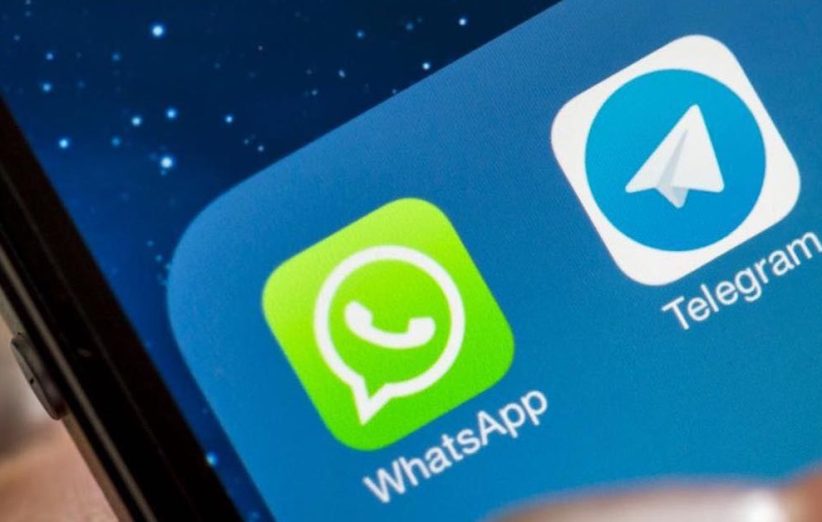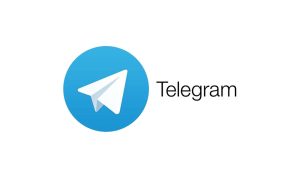In today’s digital age, instant messaging apps have become an essential part of our daily communication. Telegram and WhatsApp are two of the most popular messaging apps worldwide. However, they have distinct features and approaches to privacy and functionality. This article explores how Telegram is different from WhatsApp, highlighting the key aspects that set them apart.
read it: why telegram app is not working?
how telegram is different from whatsapp?
Telegram and WhatsApp, while both being popular messaging apps, have distinct features that set them apart. Telegram offers cloud-based storage, allowing users to access their messages and media from multiple devices without taking up local storage. It also supports larger file transfers and more extensive group chats, accommodating up to 200,000 members. In contrast, WhatsApp focuses on simplicity and privacy with end-to-end encryption by default, ensuring that only the communicating users can read the messages. Additionally, WhatsApp’s user interface is more streamlined for personal communication, whereas Telegram includes features like channels, bots, and secret chats, making it versatile for both personal and business use.
read it: why telegram app is not working?
Privacy and Security Features
When it comes to privacy and security, both Telegram and WhatsApp offer robust features, but they approach them differently.
1- WhatsApp’s End-to-End Encryption
WhatsApp provides end-to-end encryption by default for all messages, calls, and shared media. This means that only the sender and the recipient can read the messages, and not even WhatsApp can access the content. This level of encryption ensures that your communications are secure from potential eavesdroppers.
2- Telegram’s Encryption Options
Telegram, on the other hand, does not use end-to-end encryption by default for regular chats. Instead, it uses client-server encryption, which means messages are encrypted during transmission but can be accessed on Telegram’s servers. However, Telegram offers “Secret Chats” that are end-to-end encrypted, ensuring that only the communicating parties can read the messages. Additionally, Telegram provides self-destructing messages for enhanced privacy.
read it: What is the main purpose of SMM?
Features and Functionality
Telegram and WhatsApp offer a range of features catering to different user needs. Telegram supports large group chats, file sharing up to 2GB, and cloud-based storage, allowing access from multiple devices. It also includes unique features like channels and bots for broader communication and automation. On the other hand, WhatsApp emphasizes simplicity and privacy, offering end-to-end encryption, voice and video calls, and a user-friendly interface designed for seamless personal communication.
1- Group Chats and Channels
Both apps support group chats, but Telegram allows for much larger groups, accommodating up to 200,000 members compared to WhatsApp’s 256-member limit. Telegram also offers channels, which are designed for broadcasting messages to unlimited audiences. Channels are ideal for sharing updates, news, and information with large groups of people without cluttering the chat with replies.
2- Media Sharing and Storage
Telegram supports larger file sizes for sharing media and documents, with a limit of 2GB per file, whereas WhatsApp’s limit is 100MB. Additionally, Telegram stores your data on the cloud, allowing you to access your messages and media from any device. This cloud-based storage ensures that you never lose your chat history, even if you change devices.
3- Customization and Bots
Telegram offers extensive customization options, allowing users to create their own stickers, themes, and even bots to automate tasks. Bots on Telegram can perform a wide range of functions, from providing news updates to managing group activities. WhatsApp, in comparison, has more limited customization and bot functionalities.
read it: why telegram is not sending verification code?
User Experience and Interface
Telegram offers a customizable user experience with a sleek, modern interface that includes options for themes and advanced chat settings. Its design supports efficient navigation and user-friendly features like instant search and message pinning. WhatsApp, known for its simplicity, provides a clean and intuitive interface focused on ease of use, making it accessible for users of all ages with straightforward navigation and quick access to essential communication tools.
1- Interface Design
WhatsApp’s interface is known for its simplicity and ease of use, making it accessible to a broad range of users. Its straightforward design ensures that users can quickly navigate the app and utilize its features without much learning curve.
2-Telegram’s User Interface
Telegram also offers a user-friendly interface but includes more advanced features and settings that may appeal to tech-savvy users. Telegram’s design emphasizes customization and flexibility, allowing users to tailor the app to their preferences.
3- Performance and Speed
Telegram is generally praised for its speed and performance, especially when it comes to sending and receiving large files. The app is designed to work efficiently even on slower internet connections, making it a reliable choice for users with varying network speeds. WhatsApp also performs well but may experience delays with larger media files due to its lower file size limit.
read it: why would someone want to use telegram?
Data Collection and Privacy Policies
Telegram emphasizes user privacy by not collecting extensive user data and offering features like self-destructing messages and secret chats. It stores minimal data on its servers, mainly for functionality purposes. WhatsApp, however, collects more user data, including contact information and usage statistics, which it shares with its parent company, Meta, raising concerns among users about data privacy and targeted advertising.
1- WhatsApp’s Data Collection
WhatsApp collects basic user data, including phone numbers, contact lists, and usage statistics. Since its acquisition by Facebook, there have been concerns about data sharing between WhatsApp and Facebook, despite assurances that end-to-end encryption remains intact.
2- Telegram’s Privacy Approach
Telegram collects minimal user data, focusing primarily on usernames and phone numbers. It emphasizes user privacy and offers features like anonymous forwarding, which allows users to share messages without revealing the original sender’s identity. Telegram’s open-source nature also allows for greater transparency and scrutiny regarding its security practices.

Telegram SMM Panel vs WhatsApp SMM Panel
A Telegram SMM panel and a WhatsApp SMM panel serve as powerful tools for social media marketing, each catering to different needs and strategies. The Telegram SMM panel is known for its robust features, including automated messaging, channel management, and bulk message sending, making it ideal for engaging large audiences efficiently. In contrast, the WhatsApp SMM panel excels in personal and direct communication, offering end-to-end encryption, customer support integration, and high engagement rates due to its widespread user base. Both panels provide unique advantages, allowing businesses to tailor their marketing efforts based on the platform’s strengths and user preferences.
Conclusion
In summary, Telegram and WhatsApp each have their strengths and cater to different user needs. WhatsApp’s default end-to-end encryption and simplicity make it a strong choice for secure, straightforward communication. In contrast, Telegram’s extensive features, customization options, and large group capacities offer a more versatile and flexible messaging experience. Understanding these differences can help users choose the app that best fits their preferences and requirements.







